what is ssl certificate | what is ssl and tls (Secure Sockets Layer) is a cryptographic protocol that establishes a secure connection between a web server and a browser (or between two servers). It ensures the privacy, authentication, and data integrity of information transmitted online. SSL has largely been superseded by its successor, TLS (Transport Layer Security), but the terms are often used interchangeably.

Table of Contents
Best Hosting Provider Company (gackvel)
What is SSL?
What is SSL Certificate?
An SSL certificate is a digital certificate that authenticates a website’s identity and enables encrypted communication between the server and a browser. It ensures data privacy and security. Websites using SSL certificates display https:// in their URLs and often show a padlock icon in the browser.
What is SSL/TLS?
SSL (Secure Sockets Layer) and TLS (Transport Layer Security) are cryptographic protocols that provide secure communication over the internet.
- TLS is the modern, more secure version of SSL.
- They protect sensitive data during transmission by encrypting the connection between servers and clients (e.g., browsers, email clients).
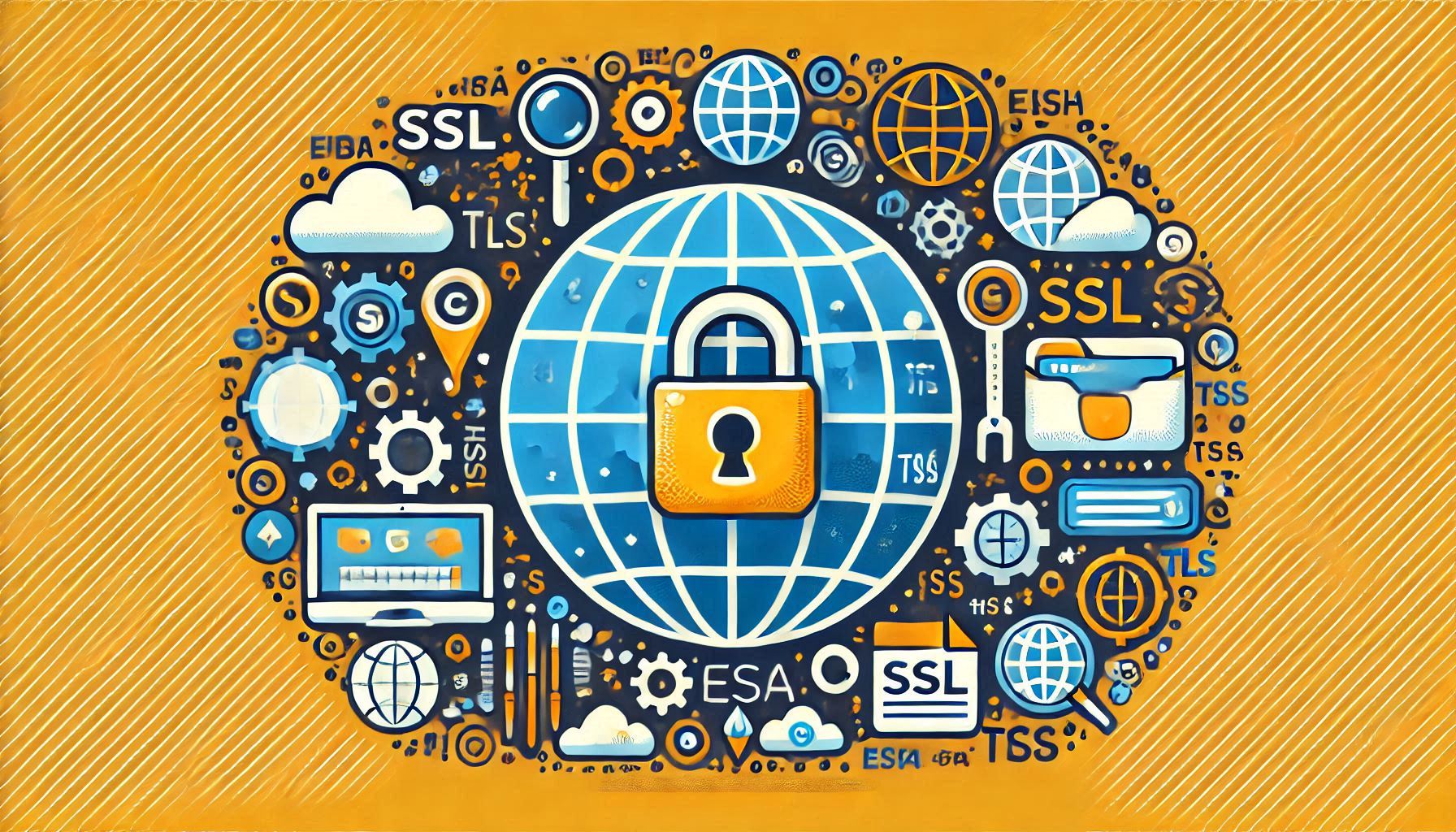
What is SSL in Mail?
SSL in mail refers to the use of SSL/TLS protocols to secure communication between email servers and clients (e.g., Outlook, Gmail).
- It encrypts emails during transmission, preventing unauthorized access.
What is SSL for Mail?
SSL for mail ensures that email data (like login credentials and message content) is encrypted when sent or received.
- Common ports for SSL-secured mail:
- IMAP (Port 993)
- POP3 (Port 995)
- SMTP (Port 465)
How Many Numbers is SSN?
An SSN (Social Security Number) in the United States consists of 9 digits formatted as XXX-XX-XXXX.
How Much is an SSL Certificate?
The cost of an SSL certificate varies based on the type and provider:
- Free: Offered by services like Let’s Encrypt.
- Paid: Ranges from $10 to $500+ annually, depending on features like warranty, validation level (DV, OV, EV), and additional security.
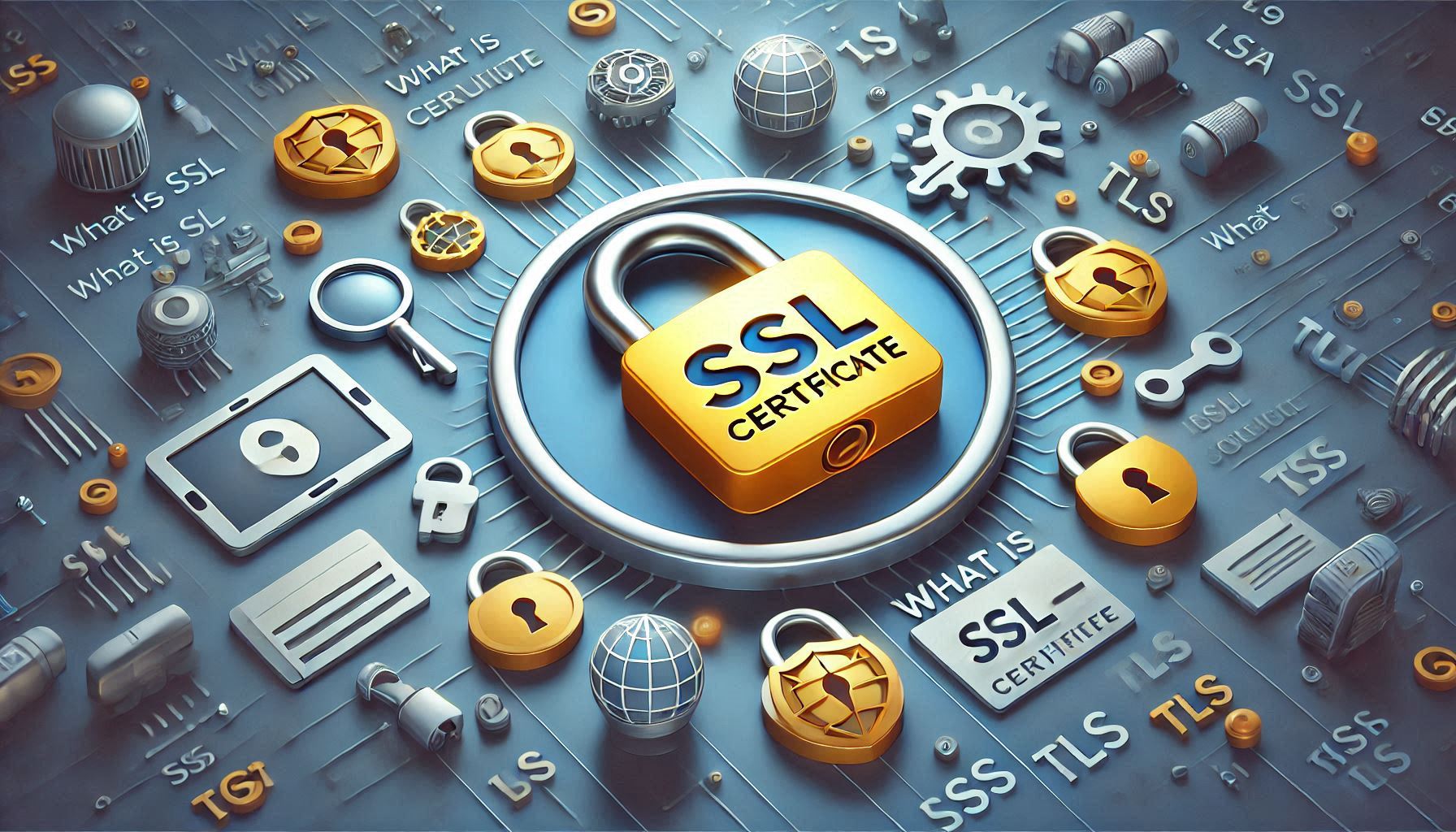
How Often is SSDI Reviewed?
Social Security Disability Insurance (SSDI) reviews are conducted periodically to determine continued eligibility:
- Medical Improvement Expected (MIE): Reviewed every 6–18 months.
- Medical Improvement Possible (MIP): Reviewed every 3 years.
- Medical Improvement Not Expected (MINE): Reviewed every 7 years.
Is SSL Still Used?
Yes, SSL is still widely used as a term, but most modern websites and applications now use TLS, which is more secure and the successor to SSL.
How Many SSL Players Are There?
If referring to SSL as a sports league (e.g., in cricket or esports), the number of players depends on the specific league. For example:
- In cricket’s Super Smash League or similar leagues, teams typically have 11 players per team.
What is SSL for a Website?
SSL secures a website by encrypting data between the server and the user’s browser. This ensures privacy and data integrity, particularly for sensitive information like passwords and credit card details.
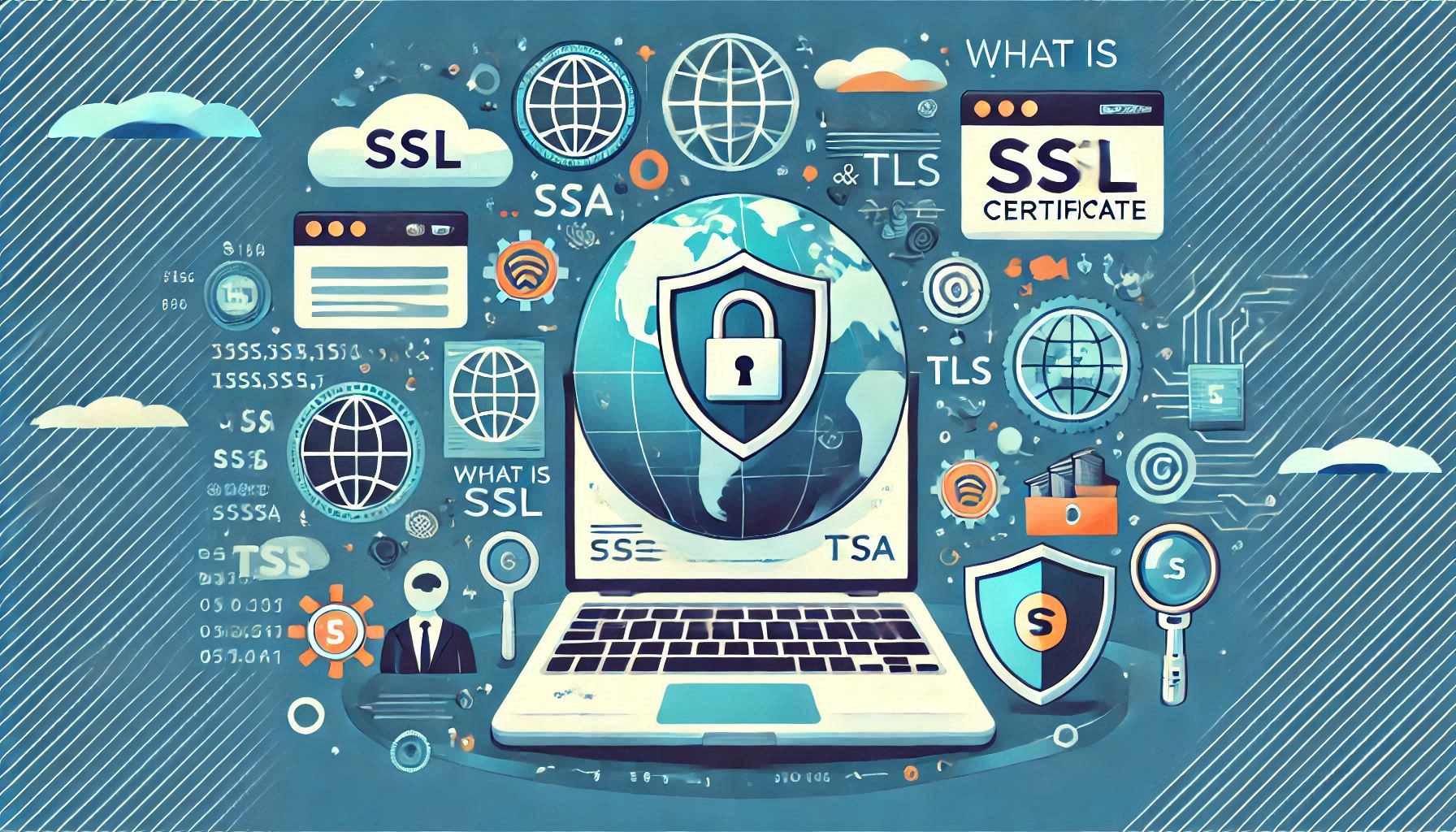
What is SSL For?
SSL is used to:
- Secure online transactions.
- Protect user data.
- Authenticate a website’s identity.
- Build trust with website visitors.
Is SSL the Same as HTTPS?
Not exactly:
- SSL: Refers to the encryption protocol.
- HTTPS (HyperText Transfer Protocol Secure): Indicates that a website uses SSL/TLS for secure communication.
Why Use SSL?
- To encrypt sensitive data.
- To protect against data breaches.
- To improve SEO rankings (Google favors
https://sites). - To build trust with users by displaying a secure padlock icon.
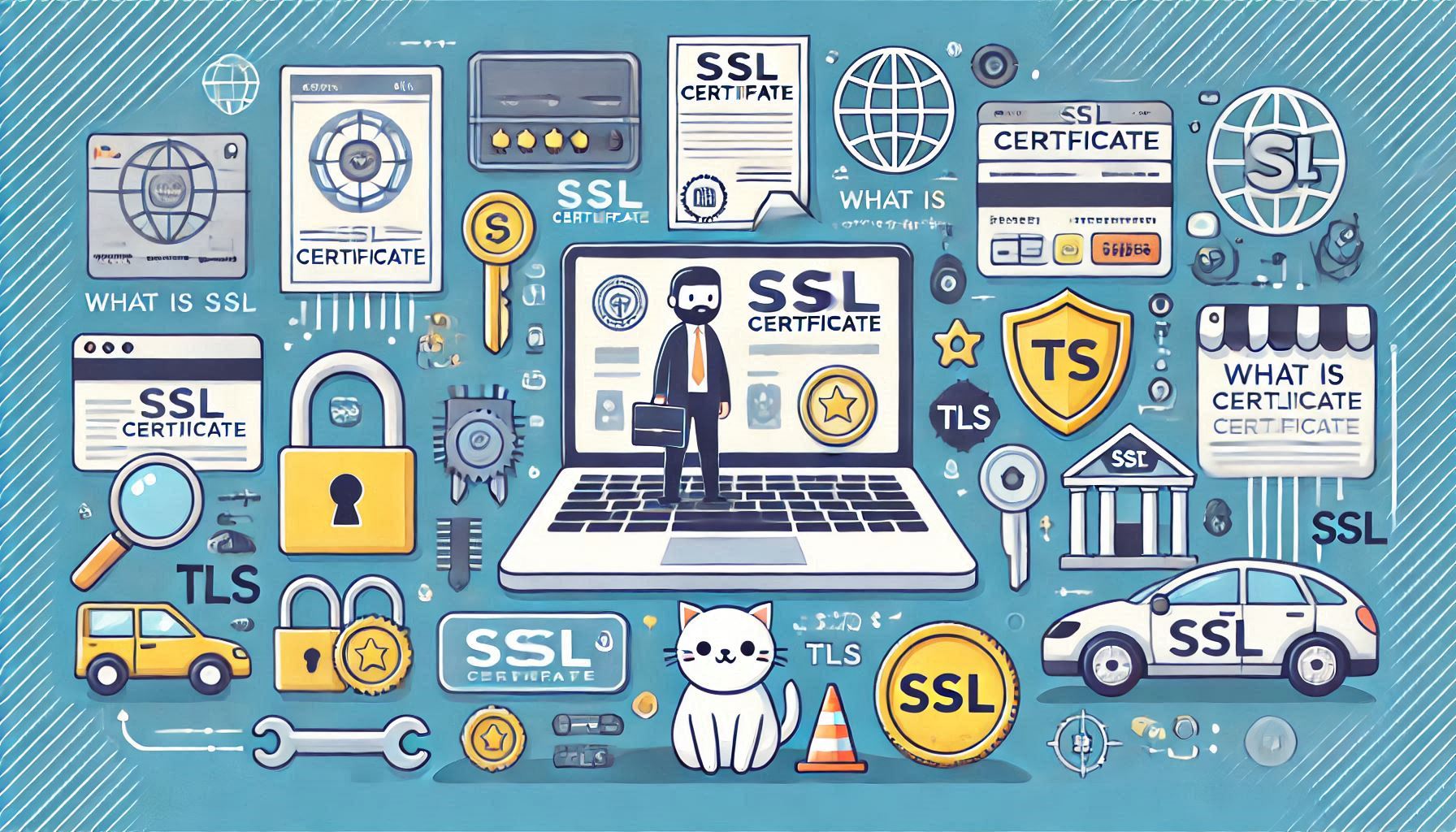
Purpose of SSL
The main purposes of SSL are:
- Encryption: Securing data in transit.
- Authentication: Verifying the server’s identity.
- Data Integrity: Ensuring data isn’t tampered with during transmission.
What is SSL and TLS?
- SSL: An older protocol for securing communications.
- TLS: The updated and more secure version of SSL, widely used today.
What is SSL and TLS Protocols?
SSL and TLS are protocols that define how to establish a secure and encrypted connection between two devices over a network. They use encryption algorithms to ensure privacy, authentication, and data integrity.
What is SSL or TLS?
SSL and TLS are often mentioned together as they serve the same purpose of securing communications, though TLS is more secure and has replaced SSL.
What is SSL vs. TLS?
- SSL: Older, less secure protocol, now largely deprecated.
- TLS: Modern, secure protocol used for encryption today.
What is SSL Library?
An SSL library provides the tools and functions needed to implement SSL/TLS encryption in software applications. Examples:
- OpenSSL: A widely used open-source library.
- LibreSSL: A fork of OpenSSL, focused on security improvements.
- WolfSSL: Lightweight SSL/TLS library designed for embedded systems.
By understanding these concepts, you can better appreciate the importance of SSL/TLS in securing online communications and their various applications.
What is an SSL Certificate Authority (CA)?
An SSL Certificate Authority (CA) is a trusted organization responsible for issuing SSL certificates. They verify the legitimacy of a website or business before providing a certificate, ensuring the website’s identity is authentic.
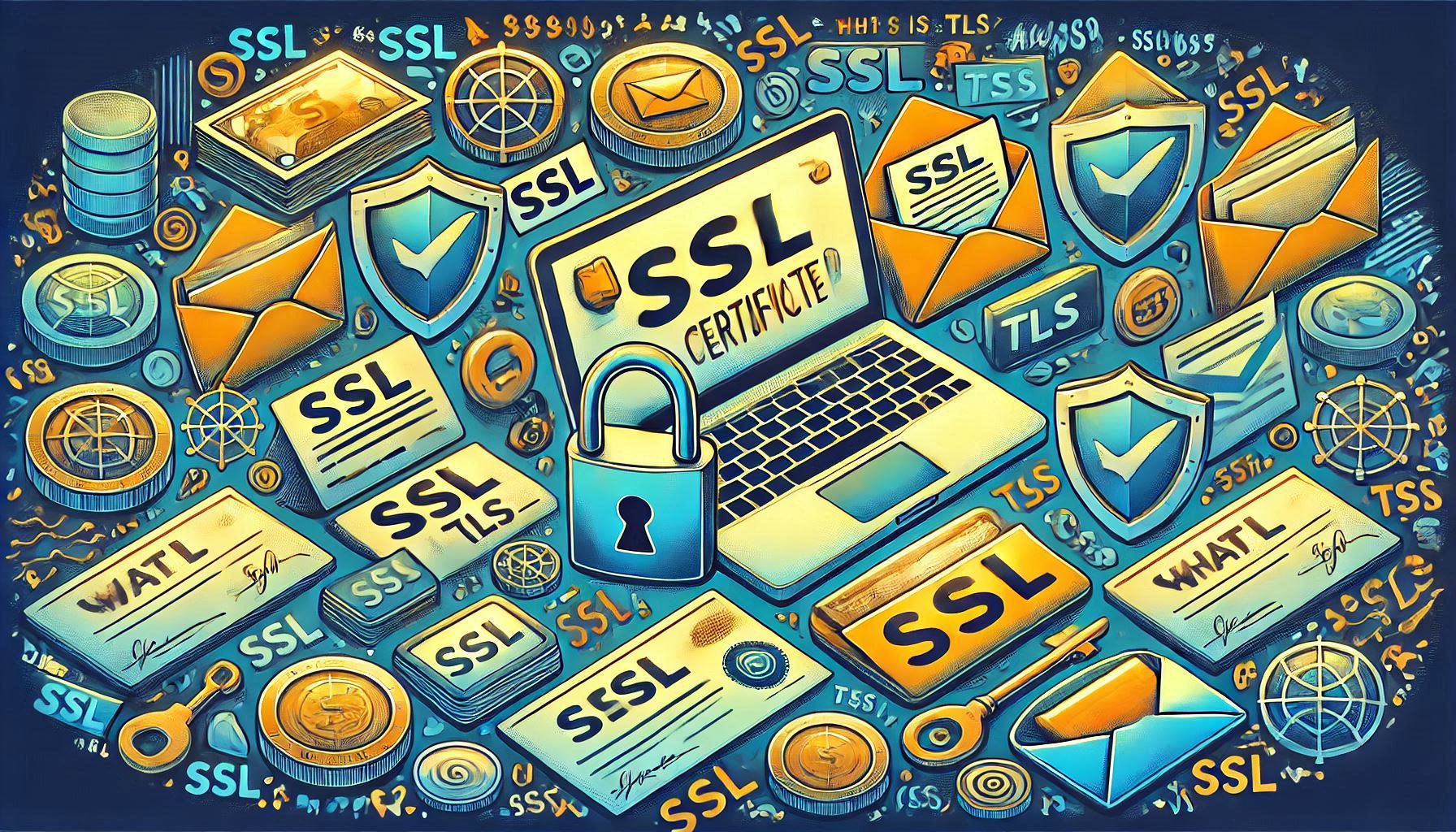
Popular Certificate Authorities:
- Let’s Encrypt: Free, automated, and widely used for basic encryption.
- DigiCert: Offers premium certificates with extended validation.
- Comodo (now Sectigo): Affordable and versatile SSL solutions.
- GlobalSign: Focused on enterprise-level security.
Types of SSL Certificates
- Domain Validation (DV):
- Validates ownership of the domain.
- Ideal for personal websites and small businesses.
- Organization Validation (OV):
- Verifies the organization’s identity in addition to domain ownership.
- Suitable for medium-sized businesses.
- Extended Validation (EV):
- Provides the highest level of trust with strict verification.
- Displays the organization name in the browser address bar.
- Recommended for e-commerce and financial websites.
- Wildcard SSL:
- Secures a domain and all its subdomains (e.g.,
example.comand*.example.com).
- Secures a domain and all its subdomains (e.g.,
- Multi-Domain SSL:
- Secures multiple domains under a single certificate.
- Self-Signed SSL:
- Created and signed by the website owner, not a trusted CA.
- Suitable for internal testing but not for public use.
How Does SSL Work?
SSL uses public key infrastructure (PKI) for encryption:
- Handshake:
- When a browser connects to a server, they perform a handshake to establish a secure session.
- Encryption:
- The server provides its SSL certificate, containing a public key.
- The browser uses this key to encrypt data, which can only be decrypted by the server’s private key.
- Data Exchange:
- All data transmitted during the session is encrypted, ensuring privacy and security.
Common Issues with SSL and How to Resolve Them
- SSL Certificate Not Trusted:
- Ensure the certificate is issued by a trusted CA and includes intermediate certificates.
- Mixed Content Warning:
- Occurs when secure (HTTPS) pages load resources (e.g., images, scripts) over insecure (HTTP) links.
- Solution: Update all resource links to
https://.
- SSL Expiration:
- SSL certificates expire and must be renewed periodically (e.g., annually).
- Use automation tools like Certbot for Let’s Encrypt certificates to avoid expiration.
- ERR_SSL_PROTOCOL_ERROR:
- Indicates a protocol mismatch.
- Solution: Ensure your server supports modern TLS versions (1.2 or 1.3).

Future of SSL and TLS
As technology evolves, security protocols like TLS will continue to improve, phasing out older versions. The focus will remain on:
- Stronger Encryption Algorithms: To counteract more advanced cyber threats.
- Automation: Streamlining certificate issuance and renewal.
- Better User Experience: Reducing friction while maintaining high security.
By adopting SSL/TLS protocols and following best practices, websites can ensure secure communication, build trust, and comply with industry standards like GDPR or PCI DSS.

